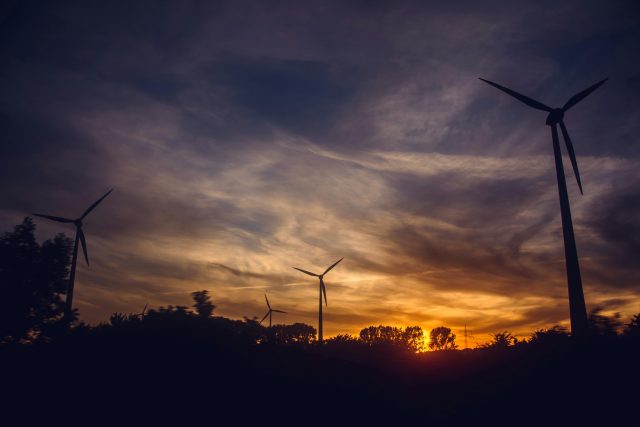
Russia’s invasion of Ukraine in 2022 marked a pivotal moment in the European Union’s energy policy. Faced with a gas supply crisis and soaring energy prices, Brussels was forced to accelerate the shift toward renewable energy sources and reduce its heavy reliance on Russian gas.
While some progress has been made, the situation remains critical. There has been a significant rise in energy poverty, and many EU member states, particularly Spain, have failed to meet their national energy and climate plan (NECP) commitments.
According to the latest report on the State of the Energy Union, presented by EU Energy Commissioner Kadri Simson, renewable energy now accounts for 50% of electricity generation across the EU.
Wind energy has overtaken natural gas as the second-largest energy source, after nuclear power. However, this promising development contrasts sharply with the troubling situation in Spain, where 20.8% of households cannot maintain an adequate temperature.
This figure is double the EU average of 10.3%, highlighting the serious energy poverty many Spanish families face.
Despite efforts to reduce reliance on Russian energy, Russia still supplies roughly 18% of the gas imported by the EU. This underscores the fragility of the ongoing energy transition.
Commissioner Simson stressed the need for diversifying energy sources and called on member states to adopt stricter policies to cut Russian imports. Still, the EU has yet to implement definitive sanctions in this area, leaving Europe vulnerable to future supply interruptions.
One of the report’s most concerning findings is Spain’s lack of ambition in presenting its updated NECP. Out of the 27 member states, only 10 have fulfilled the obligation to submit an updated plan.
Spain’s failure to provide this plan not only hampers its own progress toward a sustainable energy transition but also weakens the EU’s ability to meet its climate targets. This delay raises serious questions about the Spanish government’s political will to address the dual crises of energy and climate effectively.
Energy poverty in Spain is not just a problem; it reflects a broader failure to take decisive action. Although measures have been implemented to curb rising energy prices, many households continue to struggle. While the European Commission has extended technical assistance to countries like Spain, the responsibility ultimately lies with national governments. In this case, Spain has not delivered a strong and effective response to alleviate the growing energy burden on its citizens.
The report also highlights that the energy crisis triggered by the war in Ukraine has exposed Europe’s vulnerability to supply disruptions. As the EU strives to diversify its energy sources, the lack of a clear commitment from Spain becomes even more troubling.
In this context, time is of the essence. The delay in submitting updated NECPs indicates a lack of urgency that could undermine the Union’s collective efforts in the energy transition.
Despite these challenges, Commissioner Simson remains optimistic about Europe’s energy future. With gas reserves nearly full and an increasing diversification of energy suppliers—such as Norway and the United States—the EU has an opportunity to move toward a more resilient and sustainable energy model.
However, for this potential to be realized, Spain and other countries lagging in their commitments must take decisive steps and overcome the current inaction.
The report stresses that “in an increasingly geopolitically divided world, the importance of security of supply, energy security, sustainability and resilience issues combined with increasing impacts of climate change on preparedness within the energy sector, have come to the fore, such as the challenge to the competitiveness of the EU’s industry, transport and supply of critical raw materials.”
The EU’s energy transformation stands at a crossroads. The political will and commitment of all member states will be crucial in ensuring a secure and sustainable energy future. The next decade will be decisive for the EU’s goal of becoming the first climate-neutral continent by 2050. Spain, in particular, must take on a proactive role in this transformation.



 Subscribe
Subscribe